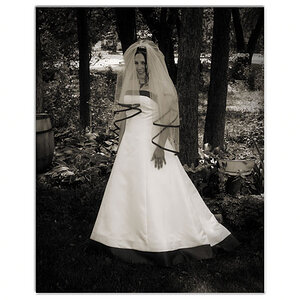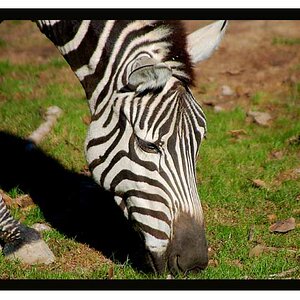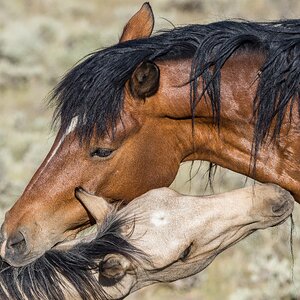Jesse17
TPF Noob!
- Joined
- Feb 7, 2016
- Messages
- 24
- Reaction score
- 6
- Can others edit my Photos
- Photos OK to edit
Currently my photography club is not critiquing any photos at the meetings, just sharing "Here's a photo I took, here's another photo I took..." Even our photo 'contest' of the month is getting picked without any judging criteria. Just with members trying to remember which photo they 'liked' the best.
I was charged with finding a YouTube video for the club's meeting tomorrow night in lieu of a speaker, and agreed to find one on how to judge a photo, or how to give constructive critique. I'm also making a judging 'guide' sheet for the member to use that will help them keep track of which photos they saw and remind them of the different aspects to keep in mind when judging a photo (lighting, technical elements, composition, etc).
However, I can't find anything on YouTube except videos of people critiquing photos themselves. I need a video of someone explaining how and what to look for, and how to to constructively relay that info to the photography without criticizing.
If anyone knows of a good video like that, I'd be extremely grateful. THANKS!
I was charged with finding a YouTube video for the club's meeting tomorrow night in lieu of a speaker, and agreed to find one on how to judge a photo, or how to give constructive critique. I'm also making a judging 'guide' sheet for the member to use that will help them keep track of which photos they saw and remind them of the different aspects to keep in mind when judging a photo (lighting, technical elements, composition, etc).
However, I can't find anything on YouTube except videos of people critiquing photos themselves. I need a video of someone explaining how and what to look for, and how to to constructively relay that info to the photography without criticizing.
If anyone knows of a good video like that, I'd be extremely grateful. THANKS!




![[No title]](/data/xfmg/thumbnail/38/38263-ad5e4c9e677626ddb5b1e7cdf9ebe40e.jpg?1619738548)




![[No title]](/data/xfmg/thumbnail/38/38264-552eb428d8a704186dcc43400f417d0f.jpg?1619738548)
![[No title]](/data/xfmg/thumbnail/30/30858-42113a4c092a5983afa30e5c35cce4d0.jpg?1619734478)

